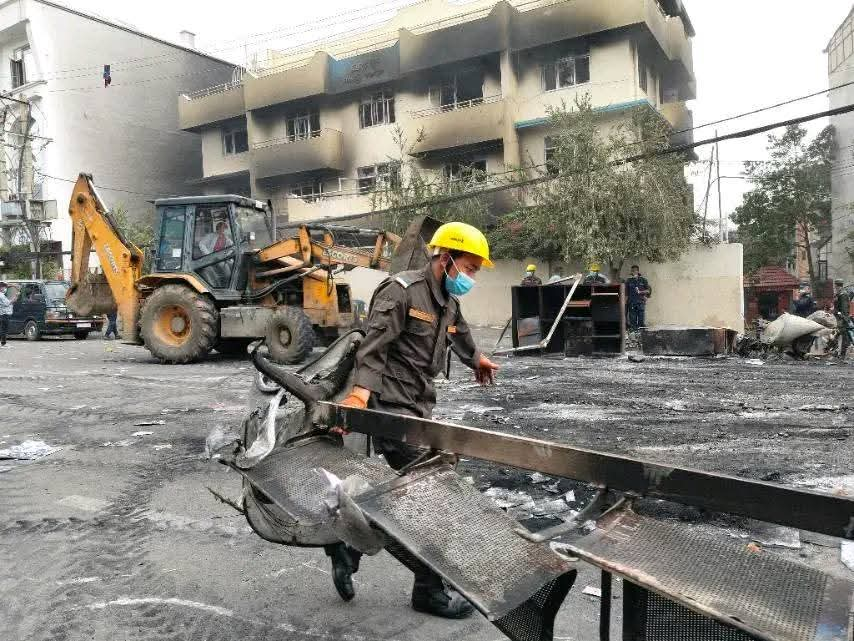Kathmandu, September 10, 2025
The Kathmandu Metropolitan City has launched a cleanup operation following the accumulation of waste generated during recent protests in the capital. Municipal workers, supported by security forces, have been mobilized to clear streets and restore order in affected areas.
City officials have urged the public to remain cautious and to seek immediate assistance in case of emergencies. Dedicated helplines have been made available through the Kathmandu Metropolitan Police, the Joint Operation Center, and the Nepal Army Headquarters to provide support in matters of security, health, and fire emergencies.
While the cleanup primarily addresses public sanitation and safety concerns, urban experts note that such events highlight deeper developmental and environmental challenges. Large-scale protests often leave behind significant amounts of waste, straining already overburdened urban waste management systems. Kathmandu, like many rapidly growing cities, struggles with balancing civic infrastructure, environmental sustainability, and citizens’ rights to public expression.
Environmental advocates have emphasized that waste left in streets not only disrupts daily life but also contributes to pollution and health risks. “Protests are a democratic right, but we must also consider the environmental footprint of these gatherings,” said a local urban planner.
The city’s swift response demonstrates growing recognition of the interconnectedness of governance, environment, and public health. Analysts argue that beyond temporary cleanups, long-term investments in waste management infrastructure, public awareness, and sustainable urban planning are essential to make Kathmandu more resilient to both political and environmental challenges.
As Nepal navigates its democratic journey, the events in Kathmandu serve as a reminder that civic movements and environmental stewardship must go hand in hand to ensure a safe and sustainable future for all citizens.